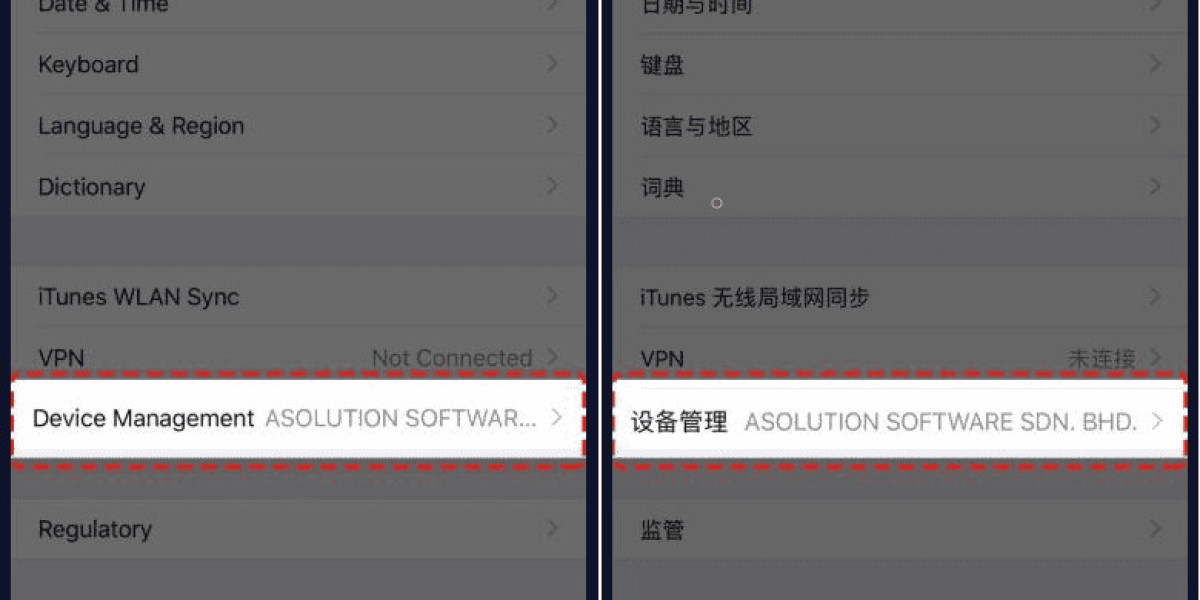Starting a business is an exciting venture, but one of the first and most crucial steps is registering your business. This process can seem daunting, but with the right information and guidance, it can be straightforward. In this article, we will guide you through the essential steps to register your business, ensuring you are on the right path to success.
1. Choose Your Business Structure
Before registering your business, you need to decide on the legal structure that best suits your needs. The most common types are:
- Sole Proprietorship: Owned and operated by a single individual. It’s the simplest form but offers no personal liability protection.
- Partnership: Involves two or more individuals sharing profits and liabilities. It’s essential to have a partnership agreement in place.
- Limited Liability Company (LLC): Provides personal liability protection and is flexible in terms of taxation. It’s a popular choice for small business owners.
- Corporation: A more complex structure that separates personal assets from business liabilities. It can be beneficial for larger businesses or those seeking to attract investors.
2. Choose a Business Name
Your business name is crucial for branding and bizop marketing. When selecting a name, ensure that it is unique and not already in use by another company. Check with your local business registry and conduct a trademark search to avoid potential legal issues. Consider the following tips:
- Keep it simple and memorable.
- Reflect your business’s purpose or values.
- Ensure the domain name is available for your online presence.
3. Register Your Business Name
Once you’ve chosen a name, you need to register it. Depending on your business structure and location, this might involve:
- Doing Business As (DBA): If you plan to operate under a name different from your legal business name, you must file for a DBA.
- Trademark Registration: If you want exclusive rights to your business name, consider applying for a trademark through the United States Patent and Trademark Office (USPTO).
4. Obtain Necessary Licenses and Permits
Depending on your industry and location, you may need specific licenses and permits to operate legally. Research local, state, and federal requirements to ensure compliance. Common licenses include:
- Business License: Required to operate legally within your city or county.
- Professional License: Necessary for certain professions, such as healthcare providers or legal practitioners.
- Sales Tax Permit: Required if you are selling goods or services that are subject to sales tax.
5. Register for Taxes
Your business will need to register for various tax identification numbers. This typically includes:
- Employer Identification Number (EIN): Issued by the IRS, an EIN is essential for tax purposes and hiring employees.
- State Tax ID: Depending on your state, you may need to register for a state tax identification number for sales tax or income tax.
6. Open a Business Bank Account
Separating your personal and business finances is crucial for legal and tax purposes. Opening a dedicated business bank account will help you manage your finances more effectively and maintain clear records. When choosing a bank, consider:
- Fees and charges
- Availability of online banking
- Customer service and support
7. Set Up Your Accounting System
Establishing an accounting system is vital for tracking income, expenses, and taxes. You can choose to manage your accounting yourself or hire a professional accountant. Consider the following options:
- Accounting Software: Tools like QuickBooks or FreshBooks can streamline your bookkeeping process.
- Hire an Accountant: A professional can help you navigate complex tax issues and ensure compliance with regulations.
8. Comply with Ongoing Requirements
After registering your business, you must stay compliant with ongoing requirements, such as:
- Annual Reports: Some states require businesses to file annual reports to maintain good standing.
- Renew Licenses and Permits: Keep track of expiration dates and renew your licenses and permits as needed.
- Tax Filings: Ensure you file your business taxes on time to avoid penalties.
Conclusion
Registering a business is a fundamental step in establishing your entrepreneurial journey. By following these steps and staying informed about legal requirements, you can set a solid foundation for your business. Remember to seek professional advice if you encounter complex situations or if you’re unsure about any part of the registration process. With careful planning and execution, you’ll be well on your way to running a successful business.







